The Myth of Rate-Driven Price Drops

The Myth of Rate-Driven Price Drops
Why Home Prices Don’t Always Fall When Interest Rates Rise
The Assumption That Misleads Sellers
It’s a common belief: when mortgage rates go up, home prices must come down. After all, higher rates mean fewer buyers can afford homes, right?
Not exactly.
While it’s true that rising interest rates reduce affordability, the relationship between rates and prices isn’t linear. In fact, recent data from 2020 to 2024 shows that home prices often remain stable—or even rise—despite rate hikes. This blog unpacks why that happens, using verified data from the Consumer Financial Protection Bureau (CFPB), Federal Reserve, and Urban Institute.
U.S. Home Prices vs. Mortgage Rates (2020–2024)
| Year | Avg. 30-Year Fixed Rate | Avg. U.S. Home Price | Price Change (YoY) |
|---|---|---|---|
| 2020 | 3.11% | $389,800 | +7.9% |
| 2021 | 2.65% | $428,700 | +10.0% |
| 2022 | 5.34% | $479,500 | +11.8% |
| 2023 | 7.79% | $526,000 | +9.7% |
| 2024 | 6.51% | $513,100 | –2.5% |
Why Prices Stay Sticky
Even as rates surged from 2.65% in 2021 to nearly 8% in 2023, home prices continued to climb. Why?
1. Inventory Shortages
Many homeowners are “locked in” to ultra-low mortgage rates and don’t want to sell. According to SuperMoney, the average rate on outstanding mortgages in Q3 2024 is just 4.2%. That’s a huge disincentive to move, keeping inventory low.
2. Demographic Demand
Millennials and Gen Z are entering prime homebuying years. Even with higher rates, demand remains strong—especially for entry-level and suburban homes.
3. Inflation Hedge
Real estate is often seen as a hedge against inflation. Investors and buyers alike continue to park money in property, sustaining demand.
Aurora & Oswego, IL
In your local market, Jai, we’ve seen similar trends:
-
2020–2022: Prices surged due to low rates and pandemic migration
-
2023: Rates rose sharply, but prices held steady due to low inventory
-
2024: Slight price softening in higher-end segments, but starter homes remain competitive
Sellers who priced realistically in 2023 still saw multiple offers—especially under $400K.
Why Sellers Shouldn’t Wait for a “Crash”
Many homeowners delay listing, hoping for a dramatic price drop that will make upgrading easier. But the data doesn’t support that strategy.
What Actually Happens:
-
Prices plateau or dip slightly
-
Inventory remains tight
-
Buyers adjust expectations—not always budgets
According to the CFPB, the mortgage payment on a $400,000 loan rose by over $1,200/month from 2021 to 2023. Yet home prices continued to rise, adding to affordability pressure—not reducing it.
What Waiting Could Cost You
Let’s say you’re hoping to buy a $500K home after prices “drop.”
| Scenario | Home Price | Rate | Monthly Payment (P&I) |
|---|---|---|---|
| Buy Now | $500,000 | 6.5% | ~$3,160 |
| Wait 12m | $475,000 | 7.5% | ~$3,325 |
Price for Reality, Not Headlines
If you’re selling in today’s market, here’s what works:
-
Price slightly below comps to attract attention
-
Offer rate buydowns to help buyers manage payments
-
Highlight move-in readiness to appeal to stretched buyers
-
Work with agents who understand rate dynamics
Data Over Drama
The myth that rising rates automatically lead to falling prices is just that—a myth. Real estate is hyperlocal, and prices are influenced by inventory, demand, and buyer psychology as much as interest rates.
Sellers who understand this dynamic can list confidently, price strategically, and close successfully—even in a high-rate environment.
Sources:
Consumer Financial Protection Bureau. 2024 HMDA Data on Mortgage Lending Now Available. 31 Mar. 2025, https://www.consumerfinance.gov/about-us/newsroom/2024-hmda-data-on-mortgage-lending-now-available/
Consumer Financial Protection Bureau. HMDA Data Publication – Snapshot National Loan Level Dataset. Federal Financial Institutions Examination Council, 2025, https://ffiec.cfpb.gov/data-publication/snapshot-national-loan-level-dataset/2024
Recent Posts











